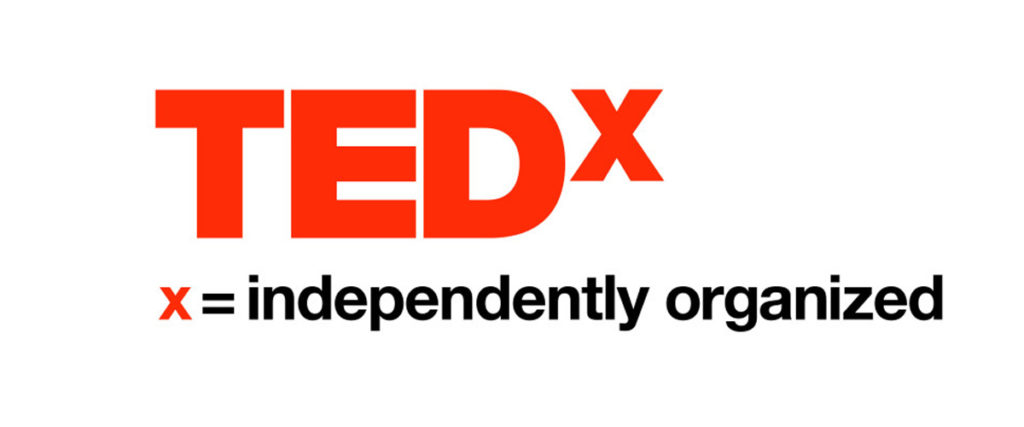
How does one define themselves? Why is it that we tend to think our judgements and ideas surpass those around us; and why do our emotions play a part in this? Psychology journalist Erika Casriel discusses new developments within the neuroscience field in a describing a new concept titled, “conciocenterism”, an idea she presented with TED, an organization that broadcasts “ideas worth sharing”.SlideGenius developed her TEDx Presentation which you can watch here.Some of Erika’s presentation ideas about this revolutionary notion of “conciocenterism” included concepts such as, instead of thinking of ourselves as the center of the universe we must challenge ourselves and see the more rational sides of our emotions and actions. Her theory challenges us to step outside ourselves and silence the illusion of the “little man inside our mind”. She provides a great analogy stating that instead of seeing ourselves as the lead actor in our life we should place ourselves within the audience position as well; therefore not letting irrational emotions and single minded judgments get the best of ourselves but to look at the bigger picture.This idea of drifting away from egocentrism can also be tied back into giving a presentation, as you as the presenter must see both sides of the picture in order to connect with your audience by allowing them to see your inner thoughts as well.
References:
Casriel, Erika. “Remapping the Self: Neuroscience Gets Personal.” Lecture, Navesink, January 1, 2013″Why Your Presentation Needs to Be These 3 Words.” SlideGenius. January 5, 2014.





